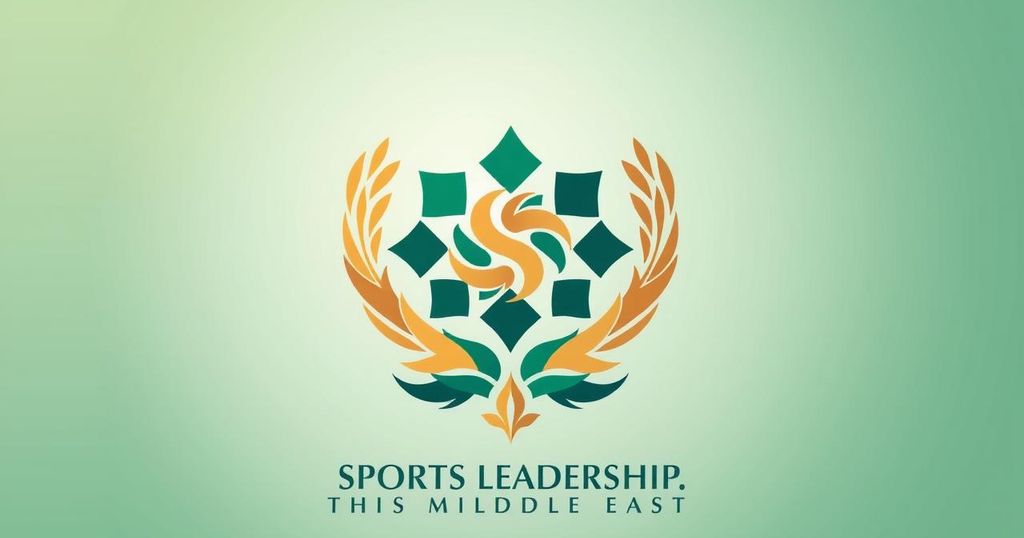Prince Feisal Al Hussein of Jordan is campaigning to become the first IOC president from the Middle East, advocating for sports as a healing force and inclusion, especially amid regional conflicts. He emphasizes the need for flexibility in Olympic scheduling and addresses the complex issues surrounding women’s rights and the participation of transgender athletes in sports.
Prince Feisal Al Hussein of Jordan is campaigning to become the first International Olympic Committee (IOC) president from the Middle East. As the brother of King Abdullah II, he has strategically leveraged his royal background while addressing crucial geopolitical concerns amidst ongoing regional conflicts. He emphasizes the need for an inclusive approach to sports, stating, “I’ve been born into a family that’s dedicated to service.” His candidacy includes six competitors, among them World Athletics President Sebastian Coe, with the election set to occur in Greece.
During his campaign, Prince Feisal asserted the importance of sports as a healing force. “We have seen the power of sports in being able to heal… and to bring peace and unity to the world,” he remarked. He expressed the necessity for the IOC to adapt its schedule, particularly for the Summer Games in 2036, suggesting it may be necessary to shift to cooler months to accommodate hosting in the Middle East.
Moreover, he articulated a vision that would offer a more flexible event calendar, enhancing opportunities for countries worldwide to host the Games. He firmly believes such flexibility would not only benefit regional nations but also enhance the Olympic legacy through the infusion of imagination and enthusiasm. Prince Feisal also advocates for inclusivity in sports, expressing that he does not support exclusionary practices against Israel, stating, “I’m not for exclusion. I believe in inclusion.”
The prince addressed broader social issues regarding the humanitarian situation in Gaza, emphasizing that decisions regarding the Palestinian people should be led by their needs rather than external pressures. He stated, “We are against forced movement or migration of any people from their territories…” Furthermore, he commented on the importance of peace as a construct that necessitates justice and fairness in society and not merely the cessation of conflict.
In terms of gender diversity in sports, specifically concerning Afghan women’s participation amid the Taliban’s restrictions, Prince Feisal noted he encourages local governance to allow such participation but respects national sovereignty. “I would encourage them to allow women to participate in life… it’s up to them to understand that this is actually for their benefit,” he said. He highlighted that while he personally does not advocate for banning nations over internal policies, doing so would require changes to the Olympic Charter, a complicated process requiring IOC consensus. Prince Feisal also addressed the ongoing debate surrounding transgender athletes in sports, advocating for a scientific-based approach without imposing an IOC-wide regulation, emphasizing the autonomy of individual sports federations in these matters.
Prince Feisal Al Hussein aims to be a transformative leader within the IOC, promoting inclusion and the healing power of sports amid geopolitical conflicts. His candidacy reflects both an ambition to reshape the future of the Olympic movement and an acknowledgment of the delicate international dynamics at play. As he proposes flexibility in scheduling and inclusivity in sports, he represents a new generation of leadership that seeks to balance tradition with the pressing issues of our time.
Original Source: news.sky.com




